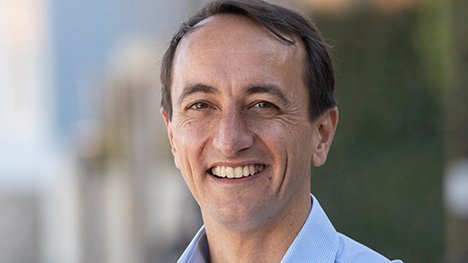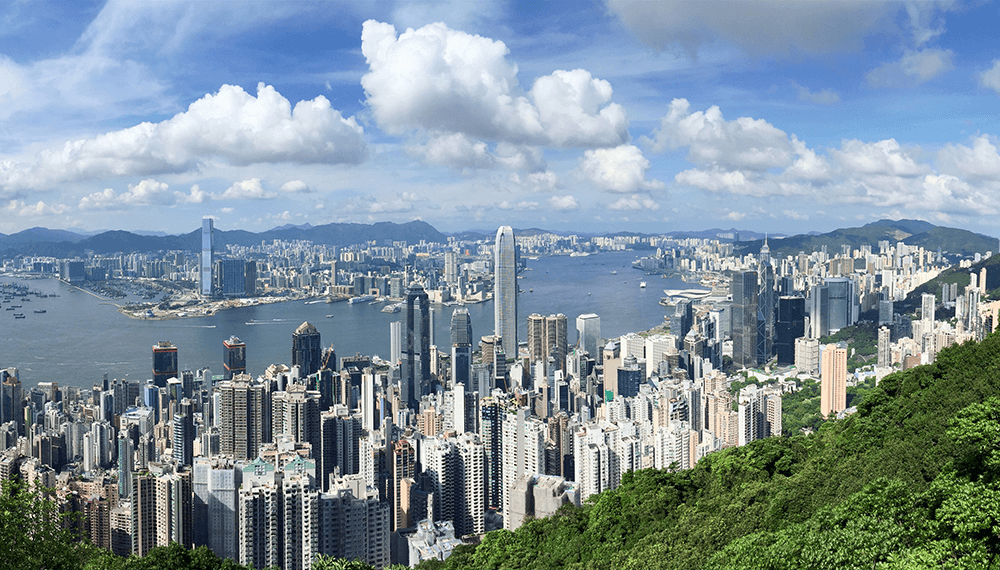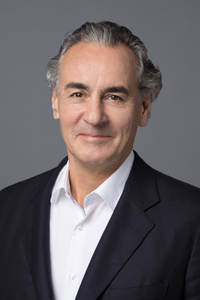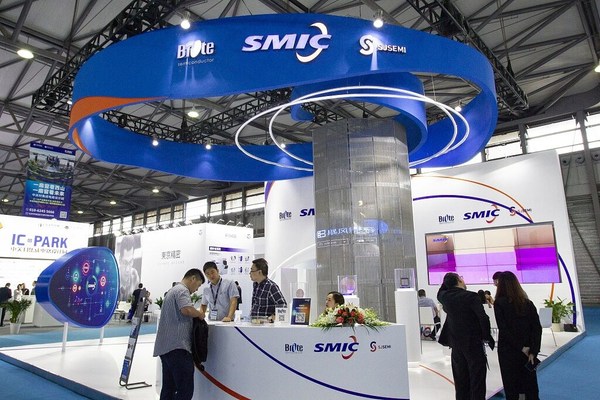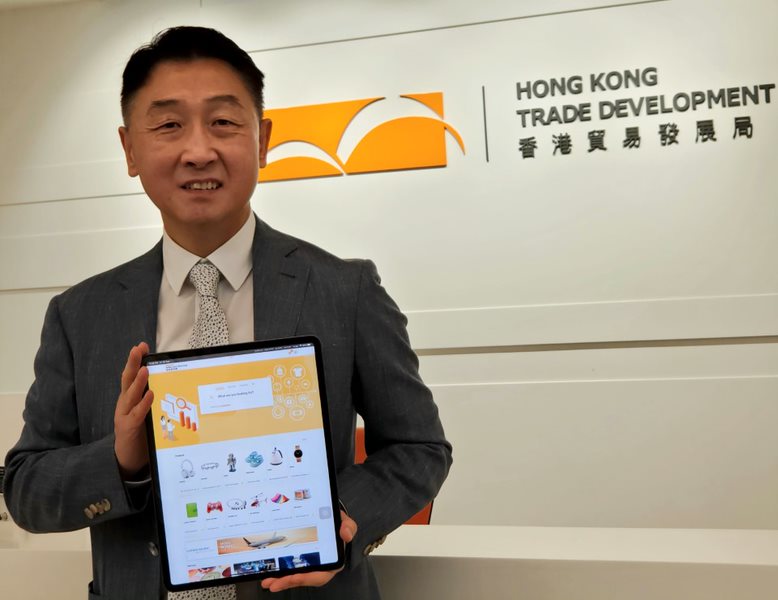Aust Govt looks to assist human rights of women and girls across the Pacific
THE Joint Standing Committee on Foreign Affairs, Defence and Trade of the Australian Government presented a critical report on the human rights of women and girls in the Pacific to the Parliament in late 2020. A total of 14 substatial recommendations were made in the report.
A key theme of the inquiry was that the underlying issues were interconnected and touched on all areas of society. Work to progress gender equality issues cannot be relegated to a small number of targeted areas, the report affirmed.
"The committee acknowledges the considerable efforts of national governments in the Pacific nations," Chair of the Human Rights Sub-committee, Kevin Andrews MP said.
"Our recommendations seek to build on the strength of their efforts and to propose means whereby Australia can further assist local efforts," Mr Andrews said. 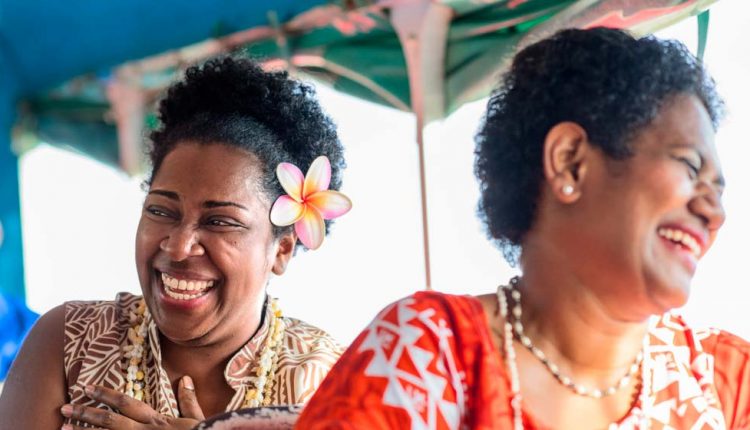
Another clear theme of the inquiry was support for local leadership, design and delivery of programs. Local faith-based groups, local none-government organisations (NGOs), and local leaders were best placed to build and establish the institutions and infrastructure that lead to ongoing and sustained change, the report said.
"Women and girls are continuing to shape their societies for the better," Mr Andrews said.
"We trust that our recommendations will encourage their continuing commitment to supporting peaceful, resilient and happy communities throughout the Pacific."
Further details about the about the inquiry can be obtained from the committee’s website. A list of recommendations were made:
List of recommendations – Human Rights of Women and Girls in the Pacific
- The committee recommends that all support provided by the Australian Government to any organisation or bodies undertaking disaster management planning and response work include women representatives.
- To ensure that an understanding of women’s needs in local areas are taken into account, the committee recommends that the Australian Government works with Pacific governments to build the capacity of local organisations in the Pacific to respond to natural disasters and ensure Pacific women are included in the delivery and evaluations of programs.
- The committee recommends that the Australian Government works with Pacific governments to provide support for projects mapping the vulnerabilities experienced by women and girls in the region during disasters.
- The committee recommends that the Australian Government work with the tertiary education sector to maintain networks with alumni from Pacific island countries who have studied in Australia, including women and girls.
- The committee recommends that the Australian Government continue to focus diplomatic efforts on the implementation of treaties and other legislation aimed at improving the quality of life for women and girls, including political representation and involvement in decision-making.
- The committee recommends that the Australian Government continue to work with Pacific governments on public sector capacity-building work.
- The committee recommends that the Australian Government publish an assessment of the progress on building the capacity of local organisations in the Pacific to advance the rights of women and girls. This should include data about what proportion of funding is provided to local organisations directly, and/or through intermediaries.
- The committee recommends that the Australian Government work with Pacific governments to provide support for the secondary and tertiary education sector within Pacific island countries, including infrastructure for education institutions.
- The committee recommends that the Australian Government extends the role of the multi-role vessel to include working in partnership with civil society to support the Pacific Islands.
- The committee recommends that the Australian Government consider long-term funding cycles for official development assistance to be at least five-years.
- The committee recommends the Australian Government extend its current five-year commitment to the Pacific Women Lead program to allow for funding cycles of this duration to be provided and to include a target for its gender expenditure.
- The committee recommends that the Australian Government commit to continuing to undertake and publish strategic, thematic evaluations focusing on substantive human rights issues affecting women and girls. This should allow evaluations of the full range of official development assistance, and extend evaluations beyond those focused only at the investment or program-level.
- The committee recommends that the Australian Government improve monitoring, evaluation and reporting of development assistance programs to ensure transparency and easy access to data, especially including reporting on funding for gender equality and women’s empowerment activities in the Pacific.
- The committee recommends that the Australian Government, on an annual basis, publish data on the disbursements made to organisations for the purpose of gender equality initiatives. This should list the organisations receiving disbursements.
ends



